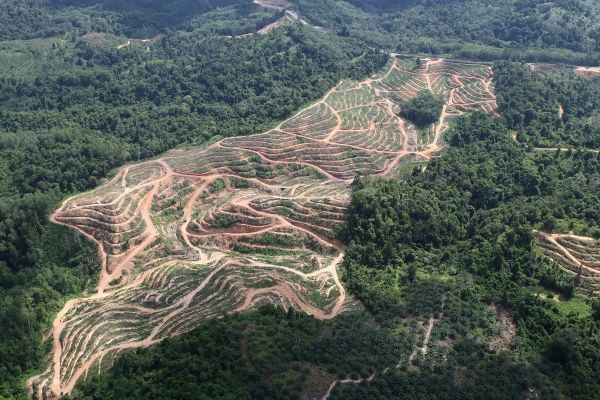Since 1990, the United States has ramped up its production of biofuels — to about 16 billion gallons of ethanol and 1.6 billion gallons of biodiesel in 2017. At the same time, production of palm oil has increased nearly sixfold, mainly for food production, and with it significant deforestation in Indonesia and Malaysia.
That overlap has led some analysts to blame the United States for deforestation in Indonesia and Malaysia, suggesting that the expansion in palm oil production is driven by biofuel production in U.S. But a Purdue University study shows that only a scant fraction of the deforestation in those countries can be pinned on U.S. biofuel production and policy.
“Our analysis shows that less than 1 percent of the land cleared in Indonesia and Malaysia can be tied to U.S. biofuel production,” said Farzad Taheripour, a research associate professor of agricultural economics at Purdue. “The amount is not significant. We’re talking about thousands of hectares amidst the millions that have been cleared for oil palm plantations and production of other commodities in Malaysia and Indonesia.”
Read more at Purdue University
Photo: A Purdue University analysis shows that U.S. biofuel production and policy may account for only a negligible portion of the land cleared for increased palm oil production since the 1990s. (Photo courtesy mongabay.com)


